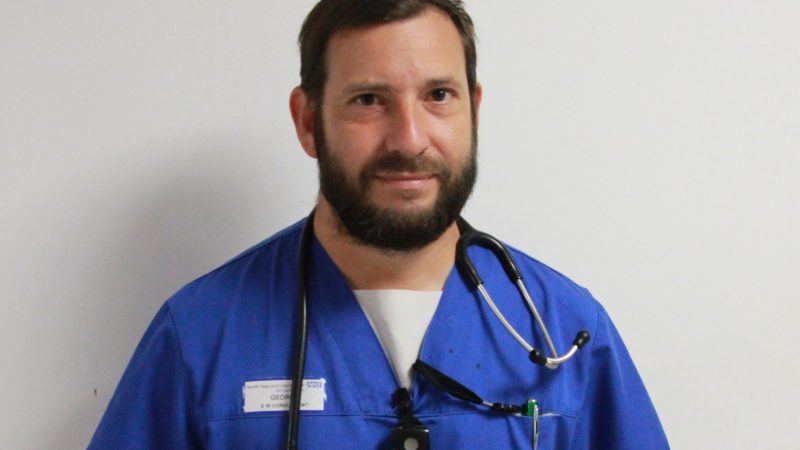
“If you are under our care in hospital, we could discuss with you about resuscitation.”
North Tees and Hartlepool NHS Foundation Trust is making people aware of the importance of a term known as do not attempt cardiopulmonary resuscitation (DNACPR).
DNACPR means that if your heart or breathing stops, your healthcare team will not perform CPR and try to restart it.
Patients with capacity or a doctor will make this decision as part of a medical treatment decision.
George Simpson is a consultant in the emergency care department at the University Hospital of North Tees. He said: “We want to get the message out that if you are admitted to our hospitals, a health professional could discuss with you about DNACPR.
“A DNACPR is a special form, documented on the patient’s medical record and can be kept in a patient’s possession.
“It means that if your heart or breathing stops, your healthcare team will not attempt to restart it.
“This, of course, makes no difference to the quality of care, treatment and support a patient would normally have.”
Figures show that survival from in-hospital cardiac arrest nationally is between 10 and 20 per cent.
Only a small proportion of people make a full recovery, even if their heart or breathing can be restarted.
Dr Simpson added: “This is a choice someone can make at any time. For example when they are healthy or approaching end of life.”
For more information about DNACPRs, please visit the NHS website.
